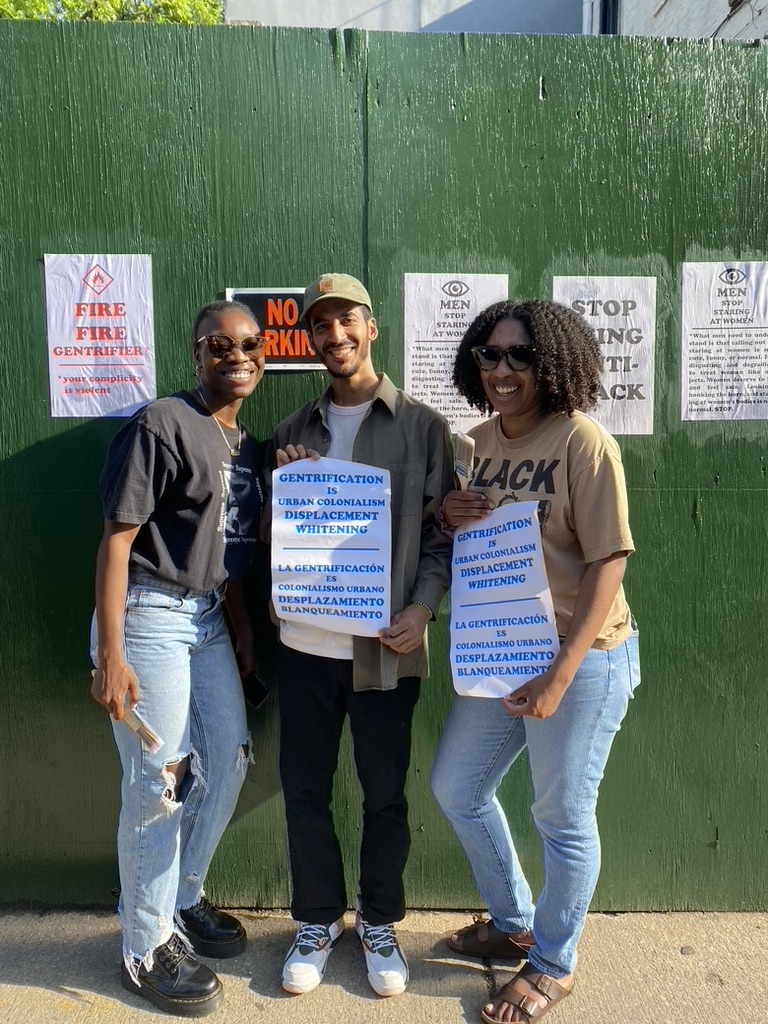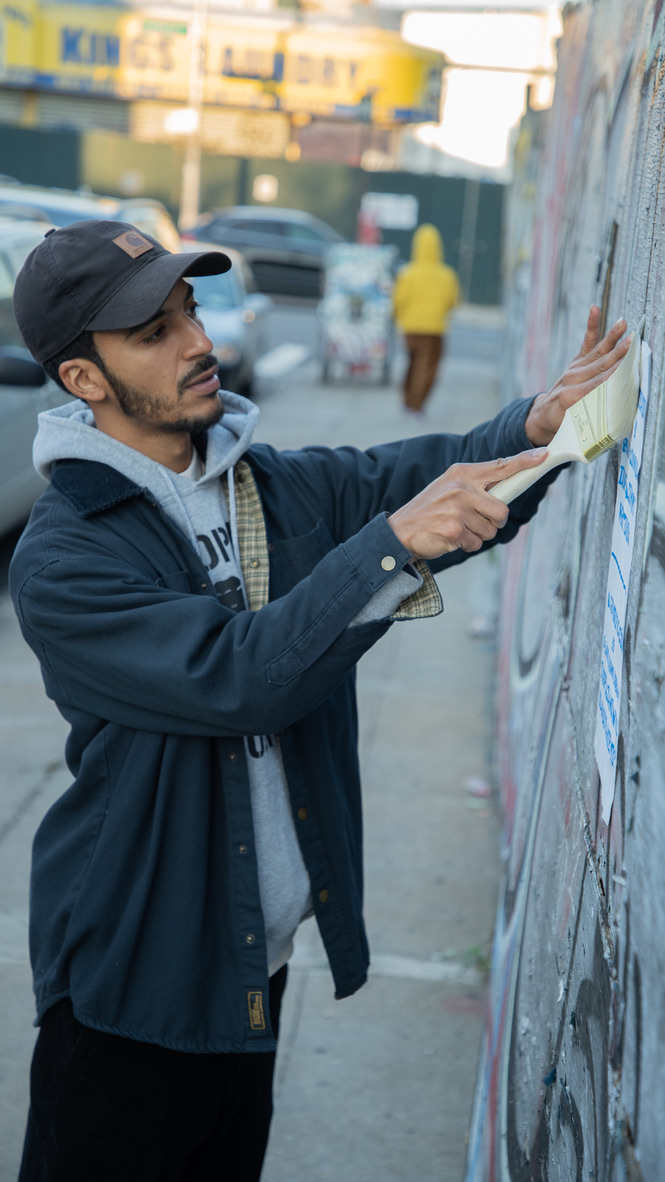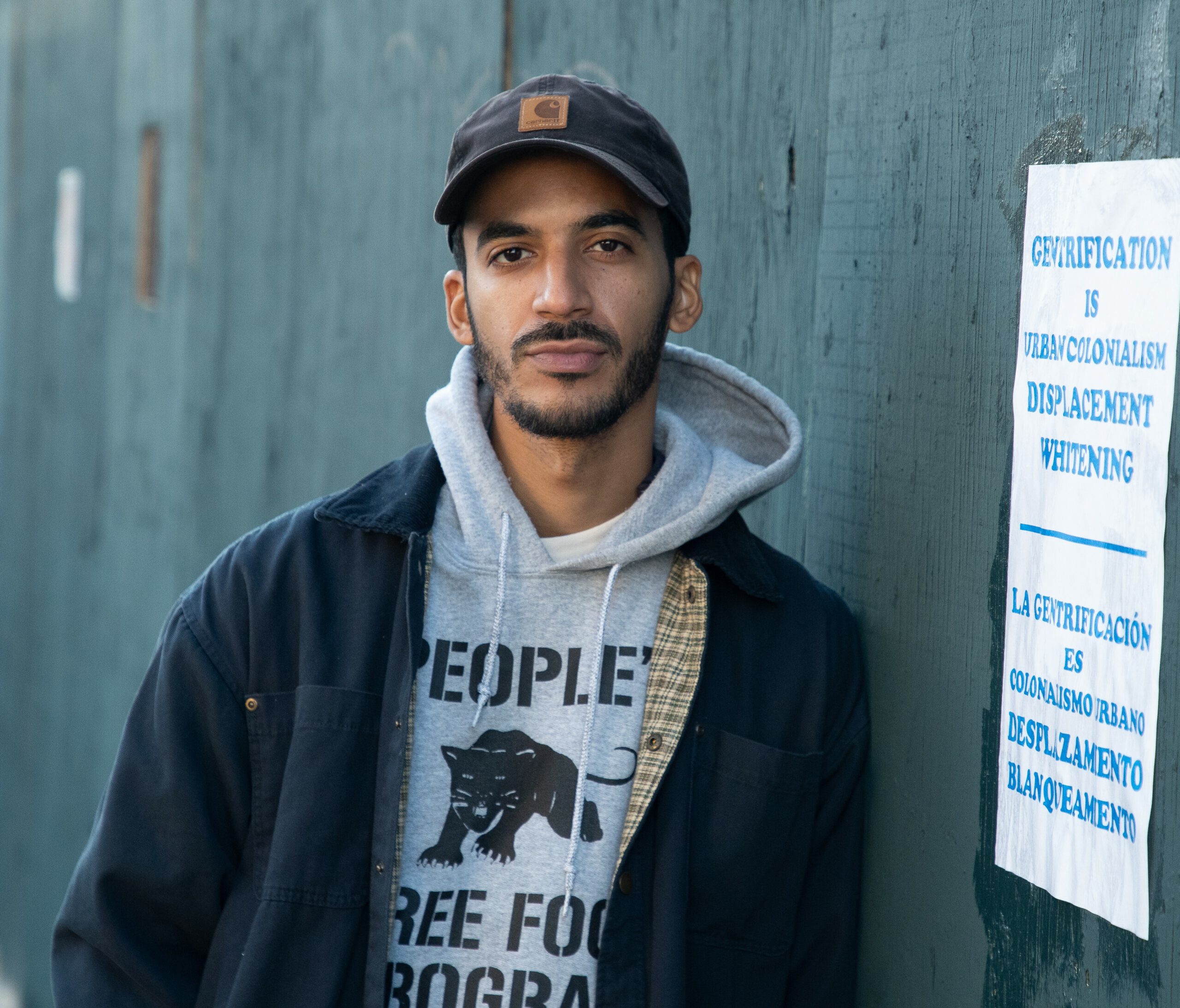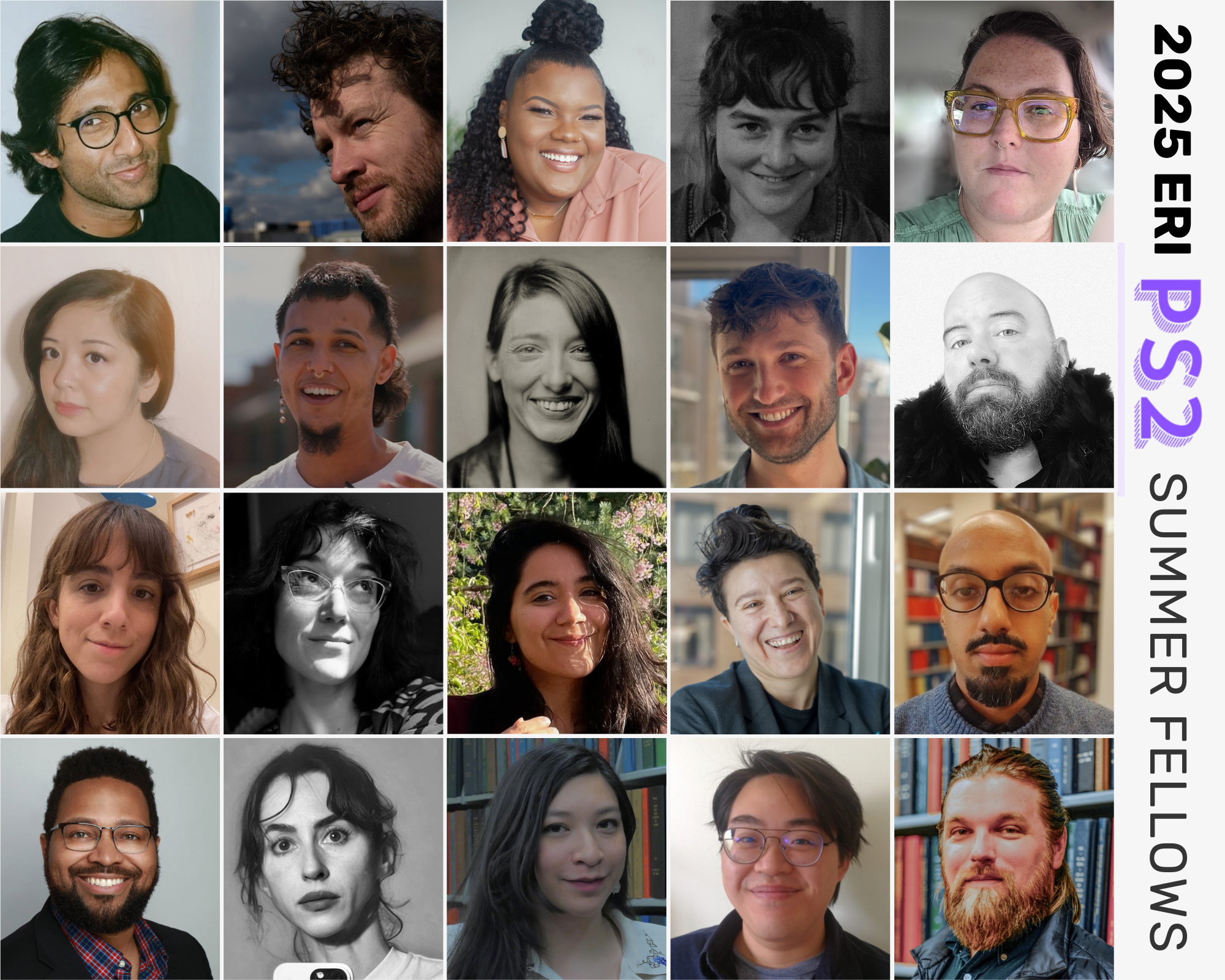
Being born and raised in New York City afforded me the opportunity to learn and work in different environments that speak to my dedication in empowering minoritized communities: ranging from community organizing experiences to art and to academic endeavors.
As an ERI/PS2 fellow, my work has stretched beyond academia, and I see my approach to my projects very much connected to bridging educational institutions and broader communities I interact with.
For example, with the loss of long-time residents due to gentrification, comes the loss of important stories, historical legacies, and missing pieces to help inform the present. Through my confrontations with issues like gentrification, I was motivated to reconsider and rethink the power of images and how counter-narratives that exist outside academia can serve as a tool to redefine the lived experiences of groups who have been marginalized. I center on the process of gentrification because housing is more than just shelter; housing “inevitably raises issues about power, inequality, and justice in capitalist society” (Madden and Marcuse, p.5, 2016). Housing inequalities perpetuate tensions over space and intensifies disparities between groups. I explore my personal experiences within the process of gentrification by using photography, capturing counter narratives, and wheat-pasting.
In the spirit of Pablo Freire, I echo the importance of community engagement and collaborative knowledge creation that can lead to a critical consciousness (1979). Within the many facets/layers of my research practices, I challenge fellow academics and educators to self-reflect and think critically because examining one’s identity and positionality within the worlds we interact with is key to reimagining radical possibilities that promote solidarity among groups.
My multi-layered approach to each practice I present allows me to connect to many sub-fields including art, education, Black and cultural studies, geography, history, and sociology. Within my work, I highlight alternative practices that examine social issues and Black diasporic experiences through visual practices that include images, paper art, street art, film, and the usage of archives. I use these visual tools within my research to serve as a counter-narrative to rethink pedagogical practices that can help us reimagine a future that liberates the Black diaspora and other minoritized groups.

Author

Chris Colón
PS2 Public Research Fellow
Chris Colón is a visual artist, and scholar-activist from Brooklyn, NY. He is a Ph.D. candidate in the Urban Education program at the Graduate Center. He uses auto-ethnography, arts-based research, and counter-archiving practices to highlight how we can learn from Black diasporic and Latinx practices that exist outside of academia and traditional K-12 education that can help us reimagine pedagogical practices that lead to liberation building.
